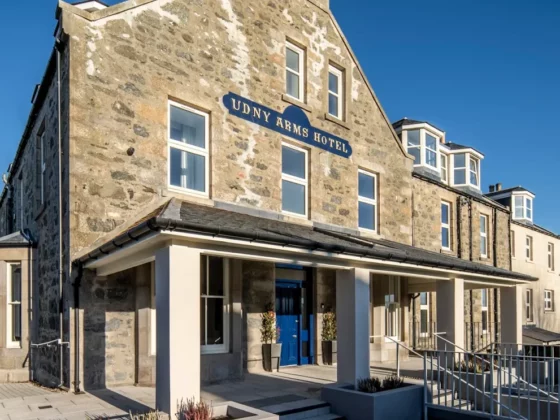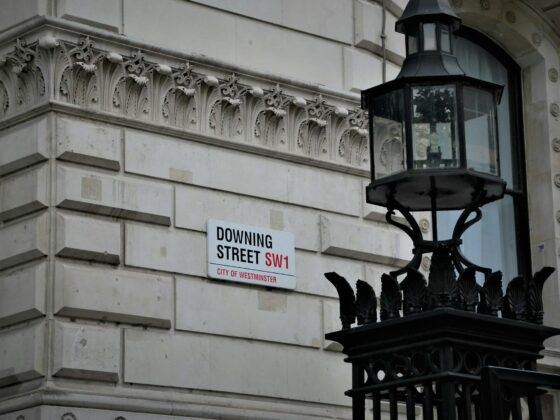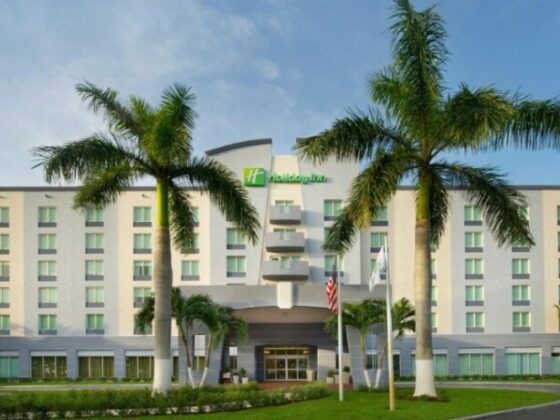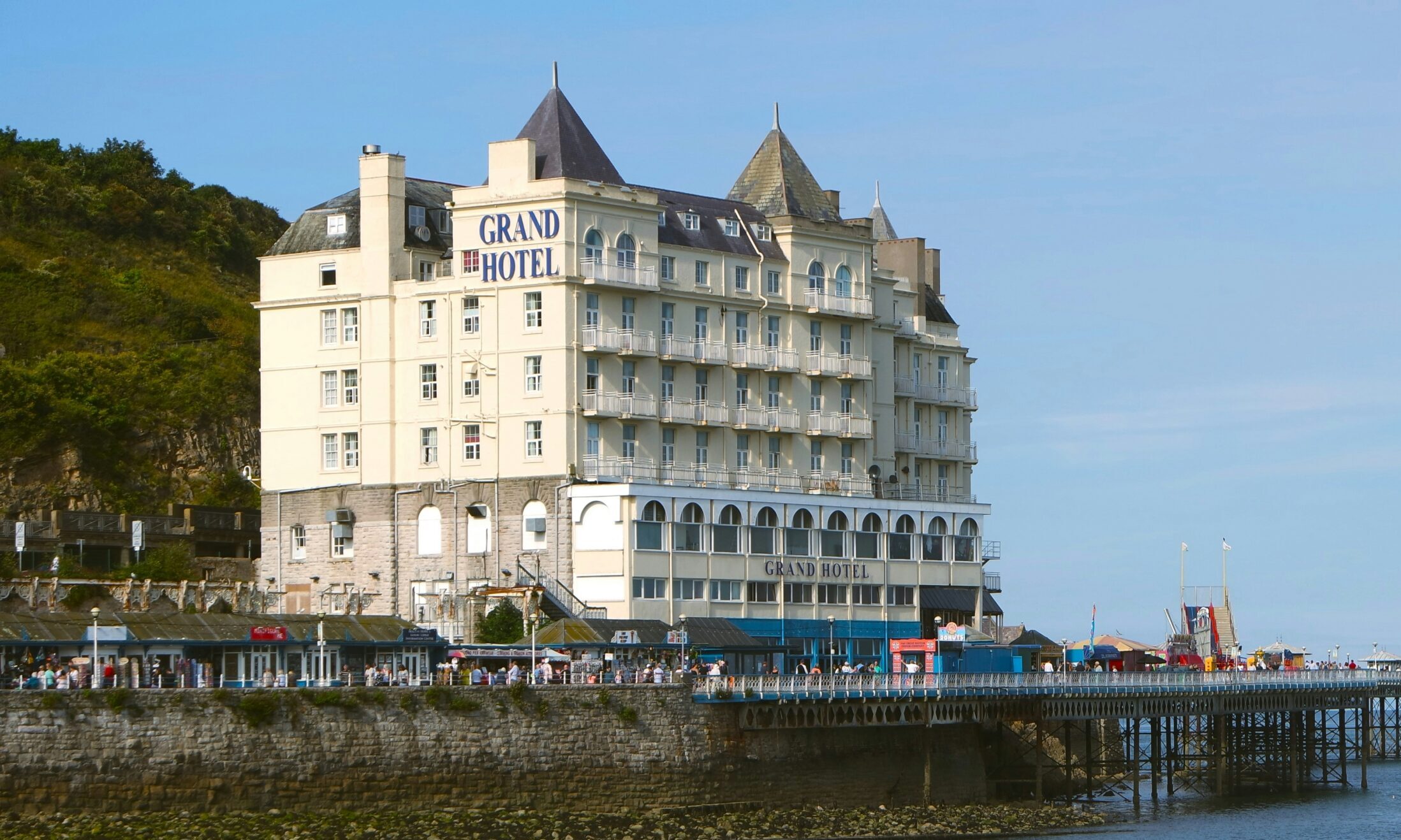
Reading Time: 5 minutes
UK: Chancellor Rachel Reeves has announced a raft of economic measures in her Spring Statement, extending business rates relief though not addressing mounting cost pressures.
The Office for Budget Responsibility (OBR) has halved the UK’s 2025 growth forecast from two per cent to one per cent, citing global instability and rising borrowing costs.
The Retail, Hospitality and Leisure Relief (RHLR) has been extended for a further year, albeit at a reduced discount rate of 40 per cent rather than the current 75 per cent. The maximum amount of the relief is £110,000 per business, and small businesses with properties with a rateable value of less than £51,000 will benefit from the freeze in the small business multiplier.
Permanently lower rates for retail hospitality and leisure businesses are expected to apply from 2026 onwards.
Reeves also confirmed a 6.7 per cent rise in the National Living Wage from April, delivering a £1,400 annual pay boost for three million workers.
What does this mean for the hospitality sector?
Despite the extension of business rates relief, sector leaders say the Spring Statement offers little meaningful support for hospitality.
Kate Nicholls, CEO of UKHospitality, said: “Growth won’t just happen without a plan. Today’s statement was yet another missed opportunity to avoid an April cliff edge, which will level a devastating £3.4 billion annual increase to the sector’s tax bill.
“The Government’s own analysis shows the failure to address the employer NICs threshold will force businesses to freeze recruitment, reduce hours available for staff and reduce employment levels in the very sectors the Government needs to achieve its goal to get people off welfare.
“If the Government is serious about getting Britain working, it needs hospitality. When we were backed after the financial crash and the pandemic, we proved how we can help drive economic recovery.”
Mark Williams, managing director EMEA at WorkJam, warned that the NICs rise and National Living Wage increase could add £7 billion to business costs. He said: “With no tax relief initiatives announced and the increase in employers’ National Insurance contributions (NICs) just around the corner, today’s Spring Budget only intensifies the pressure on already struggling hospitality providers.
“The extension of the Retail, Hospitality and Leisure (RHL) Business Rates Relief scheme into the next financial year will not even touch the surface of the kind of support businesses need at this turbulent time—especially at a reduced rate of 40 per cent. While cost-cutting measures during the COVID-19 period were seen as necessary, frontline workforce industries are now being forced to optimise costs and improve efficiencies when they are already stretched to their limits.”
The Chancellor did not address upcoming changes to visa and immigration fees, which take effect from 10 April 2025. However, Labour has previously announced that fees will rise by an average of seven per cent, generating an estimated £400 million by 2029/30. The cost of a Certificate of Sponsorship for skilled workers will more than double, from £239 to £525.
Joss Croft, CEO of UKinbound, said: “It is deeply disappointing that the Chancellor has announced an increase in visa costs, which run counter to the government’s welcome ambition to increase international visitors to 50 million by 2030. Inbound tourism has the potential to help deliver the government’s growth objectives, but this decision flies in the face of that.
“Our inbound tourism industry already battles with sky-high costs, and increasing visa fees further makes the UK even less competitive for international visitors. We have already seen costs for ETAs increase by 60 per cent, and this is the third rise in visa costs in 18 months.
“We urge the government to review all UK tourism costs and taxes as part of its planned tourism strategy and to focus on removing this competitive disadvantage that holds back growing international visitor numbers and stifles economic growth across the whole of the United Kingdom.”
Matthew Prosser, senior sales director at Agilysys, said: “Labour’s Spring Budget offers no respite for London’s £46 billion hospitality sector, leaving businesses to absorb the full £300 million impact of April’s 15 per cent NICs hike and lowered earnings threshold (£9,100 to £5,000). Facing this storm of rising costs, operators are being forced to choose between staffing cuts and service reductions. This makes technology adoption not just advantageous, but essential for survival.
“Modern property management systems can do more than just automate tasks for London’s hospitality sector—they can create breathing room for teams by handling scheduling, inventory, and communications, allowing staff to focus where human touch matters most. This operational efficiency becomes a retention tool, transforming unpredictable workloads into manageable ones while maintaining service standards.
“Equally important is the shift toward maximising revenue from existing guests rather than solely focusing on new customer acquisition. Studies show that retaining customers can be up to significantly cheaper than acquiring new ones. By leveraging data-driven insights, businesses can personalise guest experiences, offer targeted promotions, and strengthen loyalty – creating a cost-effective strategy for driving revenue in uncertain times.
“The operators proactively implementing these solutions will be better equipped to weather the storm. Business protecting their margins while looking after their staff are positioning themselves as employers and service providers of choice – exactly what the industry needs during these challenging times.”
Peter Hales, managing director of Michels & Taylor, said: “In the hospitality industry we are continually looking at strategies that balance demand, price and guest experience while driving owner ROI and asset value. Finding the right balance is complex and individual to each hotel, its location, size, service level and so on – particularly when operating costs continue to squeeze margins. All of our suppliers are experiencing the same increases and so are passing on their costs. A single hotel can employ hundreds of staff, so the combined, additional cost per head coming into play on April 6 is monumental, and difficult decisions need to be made to strike the right balance.
“Broadly speaking in the industry, I unfortunately expect to see some closures and a slowdown in recruitment. Hoteliers will need tailored strategies, from creative employee contracting to technology-driven efficiencies that cut costs while enhancing staff experience and retention. There is no one-size-fits-all solution.”
Tim Rumney, CEO of BWH Hotels GB, said: “Despite some encouragement from February’s decline in inflation to 2.8 per cent, the Chancellor’s Spring Statement does little to ease the pressures on independent hoteliers.
“The reality is, with the UK economy shrinking by 0.1 per cent in January and interest rates stuck at 4.5 per cent, many hotels will have no choice but to stop recruiting, cancel investments and hike prices. Not an obvious formula to reach the Chancellors’ reduced growth targets – and the last thing hoteliers want to do.
“While the proposed increase in household disposable income may offer some hope, the ongoing freeze on income tax thresholds negates this. As wage increases push more into higher tax brackets without a real boost in spending power, limiting disposable income for travel. This results in guests booking last minute, which is making forecasting harder than ever.
“Within our partner hotels, the percentage of bookers reserving within a day of arrival has jumped by 10 per cent. Short-lead bookings (under seven days) have also risen by six per cent. With booking windows shrinking, hoteliers have less confidence in forecasts, making planning and resource allocation even more challenging.
“With the government tightening its grip on spending, hotels must adapt fast. While the Spring Statement won’t provide the help many hoped for, with the right support, independent hoteliers can still find ways to succeed.”








